Jordanians say King’s UN words reflect Kingdom’s moral, political stance
AFP
AMMAN — His Majesty King Abdullah’s address to the 80th session of the United Nations General Assembly this week struck a powerful chord in Jordan, where many citizens said it spoke not only to world leaders but also to ordinary people’s conscience.
The King’s focus on the decades-long suffering of Palestinians and his warning against extremist rhetoric surrounding the idea of a “Greater Israel” were widely perceived as both a political message and a humanitarian appeal.
For Jordanians, the remarks went beyond diplomacy. They reflected the Kingdom’s historic role in defending Palestinian rights and safeguarding Islamic and Christian holy sites in Jerusalem. Parliament and political blocs described the speech as a clear political and humanitarian reference point.
But beyond official statements, citizens highlighted the speech’s emotional resonance and its call for justice.
“I felt proud when I listened to His Majesty,” said Huthaifa Khatatneh, a university student from Amman. “It was powerful that the King reminded the world that ignoring injustice is like abandoning humanity. It felt as if he was speaking for all of us who care about the future of this region.”
The King also underscored Jordan’s ongoing humanitarian efforts in Gaza, where the army and health services continue to provide aid, relief convoys, and field hospitals. For many Jordanians, these efforts embody a national identity rooted in solidarity with Palestinians.
Hanaa Mohammad, a nurse, said she felt that spirit reflected in her profession. “I know how much suffering there is in Gaza, and when the King spoke about the humanitarian catastrophe, I felt he understood the pain of every mother and child there,” she said. “It is not just about politics, it is about humanity.”
The Foreign Affairs Committee also called the address a political and humanitarian document that reiterated Jordan’s call for an independent Palestinian state with East Jerusalem as its capital.
For many, however, the speech’s emotional weight lay in its reminder that the conflict is not an abstract dispute but a lived tragedy.
“The impact of the speech has been strongly felt at home,” said Deema Ali, a mother of two. “The humanitarian focus reminded me of Jordan’s responsibility as a neighbour and supporter of Palestinians, and of its wider role in pursuing regional stability.”
For Jordanians like Ali, Mohammad, and Khatatneh, the King’s words reaffirmed not only the country’s diplomatic stance but also its moral compass.
Latest News
-
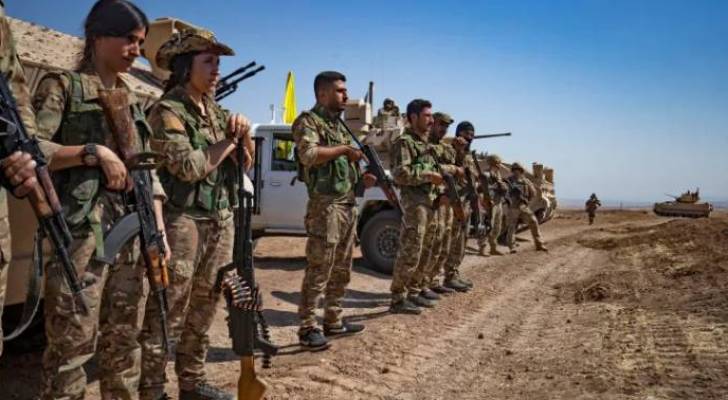 Syrian defense minister announces "comprehensive ceasefire" with Kurds
Syrian defense minister announces "comprehensive ceasefire" with Kurds
-
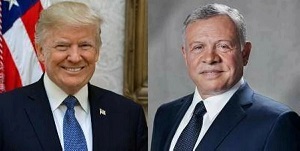 King holds phone call with US president
King holds phone call with US president
-
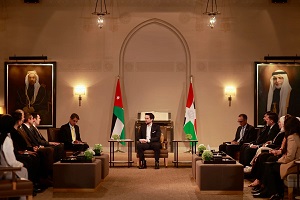 Crown Prince meets winners of Al Hussein Award for voluntary service
Crown Prince meets winners of Al Hussein Award for voluntary service
-
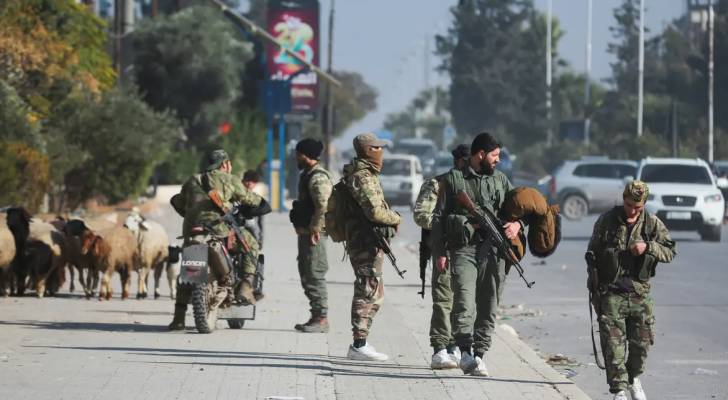 Clashes erupt in Aleppo between Syrian army and SDF, dozens displaced
Clashes erupt in Aleppo between Syrian army and SDF, dozens displaced
-
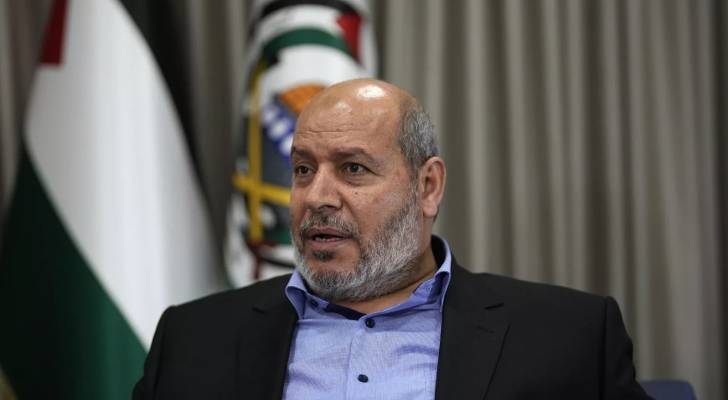 First round of Gaza talks concludes in ‘positive atmosphere': Egyptian media reports
First round of Gaza talks concludes in ‘positive atmosphere': Egyptian media reports